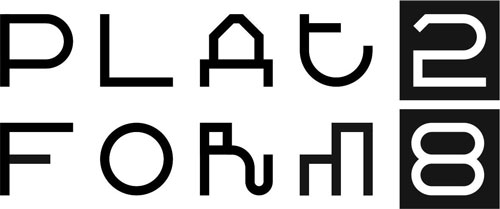>MADE IN TEHRAN #05
>TEHRAN: Tomorrow
>Instructor: Ali Farivar Sadri
"We, the Iranian architects, are either following European designers without underestanding their perspectives or live on our past without a thorough knowledge about our history. We wanted to be up to speed but we became followers. We want to have a self-identity but we are trapped in the past. In the mist of such struggle, what we lose is our future" says Ali Farivar Sadri.
"Tomorrow" will construct itself by a wise critique of the past and present. This workshop was a collective effort to prepare us for a critical perspective on the future of our city by analyzing the architecture and urbanism of Tehran in the last two centuries.
Ali Farivar Sadri was the instructor of this workshop who oversaw the flow of the process in two rounds.
First round: An introduction to the contemporary history of Tehran and an analysis on its current situation.
Second round: Illustrating a possible future for Tehran that is in accordance to the initial findings of the first round.
In the first round, the contemporary history of Iran was divided into seven major periods. These periods were analyzed based on cultural, political, social and economical factors. Needless to say that the "material culture" of each period was included in our studies as well. We ended this first round by analyzing the current situation of Tehran and in format of an interactive diagram at Platform 28.
The second round, how ever, is still under process. In this round, students are responsible for visualizing the future of Tehran based on their initial findings. This process is in two parts. The first part is a collection of texts that reveal students' underestanding of "Utopia" in the context of Tehran. These texts will be accompanied by series of illustrations that present the future of the city the way it should be. As mentioned, this outcome is yet to come. We hope to exhibit the second round in near future.
>TEHRAN: Tomorrow
>Instructor: Ali Farivar Sadri
"We, the Iranian architects, are either following European designers without underestanding their perspectives or live on our past without a thorough knowledge about our history. We wanted to be up to speed but we became followers. We want to have a self-identity but we are trapped in the past. In the mist of such struggle, what we lose is our future" says Ali Farivar Sadri.
"Tomorrow" will construct itself by a wise critique of the past and present. This workshop was a collective effort to prepare us for a critical perspective on the future of our city by analyzing the architecture and urbanism of Tehran in the last two centuries.
Ali Farivar Sadri was the instructor of this workshop who oversaw the flow of the process in two rounds.
First round: An introduction to the contemporary history of Tehran and an analysis on its current situation.
Second round: Illustrating a possible future for Tehran that is in accordance to the initial findings of the first round.
In the first round, the contemporary history of Iran was divided into seven major periods. These periods were analyzed based on cultural, political, social and economical factors. Needless to say that the "material culture" of each period was included in our studies as well. We ended this first round by analyzing the current situation of Tehran and in format of an interactive diagram at Platform 28.
The second round, how ever, is still under process. In this round, students are responsible for visualizing the future of Tehran based on their initial findings. This process is in two parts. The first part is a collection of texts that reveal students' underestanding of "Utopia" in the context of Tehran. These texts will be accompanied by series of illustrations that present the future of the city the way it should be. As mentioned, this outcome is yet to come. We hope to exhibit the second round in near future.












